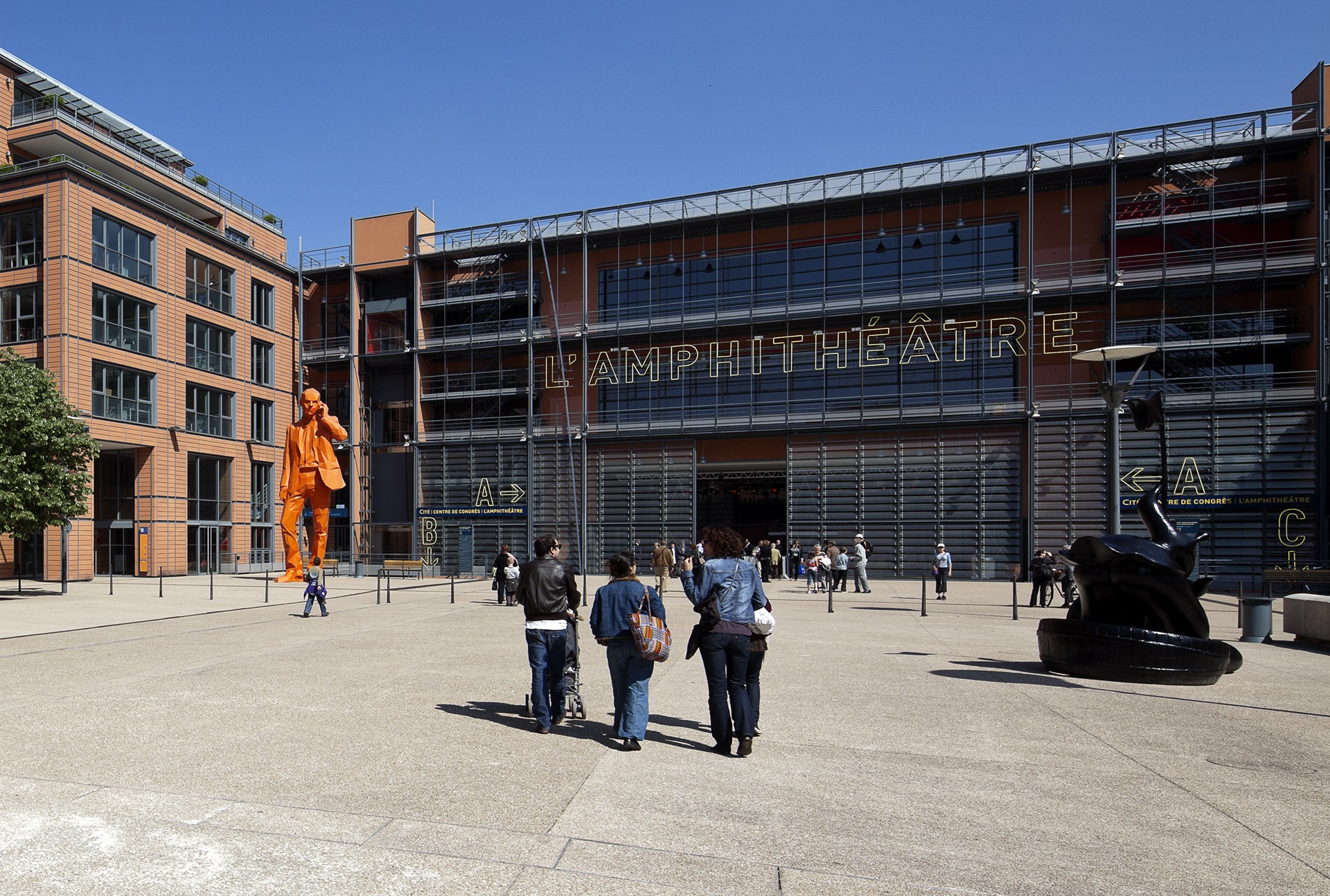Opting for a more sustainable event contributes to the growth of our organisations and the confirmation of their values. Item by item, each set of specifications for an event reflects activities that have an impact on our environment. This guide will enable you to identify actions that can be implemented for each item, while suitable partners in Lyon will help you carry them out.
Are you unsure where to begin? No problem! You can start by selecting one item and then gradually extend your scope of action.
The team at the Convention Bureau will also assist you on your path towards organising more responsible events.
Following your event, we invite you to complete and then return the guide. This will enable us to identify any obstacles encountered and come up with new solutions.
